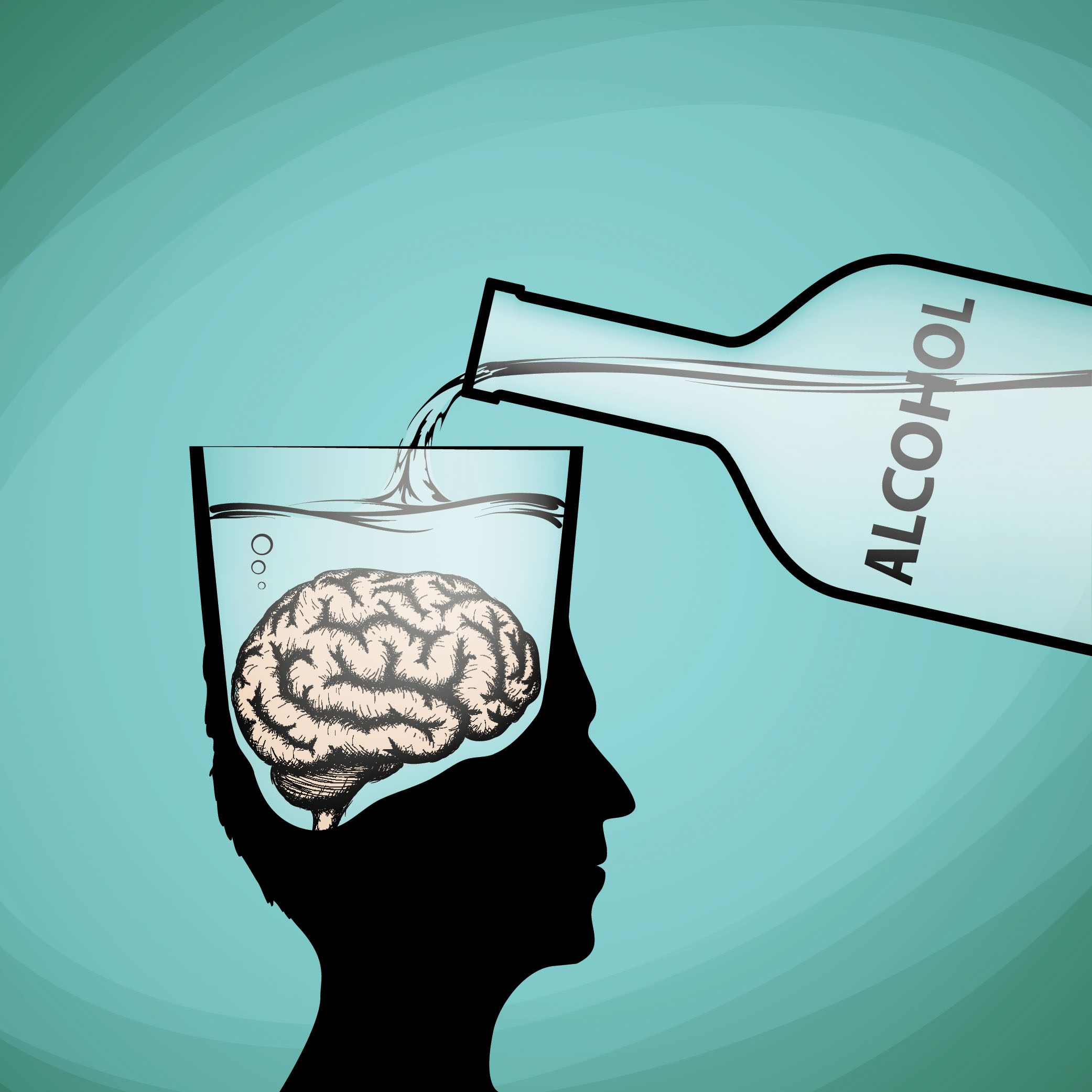Alcohol and Brain Health
The consumption of alcohol has long been a topic of discussion in both social and scientific circles, particularly concerning its effects on health. Among the areas of greatest concern is the impact of alcohol on brain health. This article will delve into how alcohol interacts with the brain, the potential long-term consequences of its consumption, and some strategies for mitigating negative outcomes.
Alcohol’s Immediate Effects on the Brain
Alcohol’s effects on the brain manifest almost immediately after consumption. Initially, it acts as a central nervous system depressant, slowing down brain function and altering communication pathways. This can lead to the well-known short-term effects of drinking, such as impaired judgment, decreased motor coordination, and slurred speech. These effects are usually temporary and can vary depending on several factors including the amount of alcohol consumed and an individual’s tolerance level.
However, even short-term consumption can lead to disturbances in memory, often observed as blackouts, where the drinker cannot remember events that occurred while they were intoxicated. This is particularly concerning as it indicates that alcohol can significantly impair the hippocampus, a part of the brain crucial for forming memories.
Long-Term Consequences of Chronic Alcohol Use
The long-term impact of alcohol on the brain is more severe and far-reaching. Prolonged alcohol use can lead to persistent changes in brain function and structure. One of the most significant effects is brain shrinkage, where there is a loss of brain mass in key regions associated with cognition and decision-making. This deterioration can result in cognitive deficits, reduced problem-solving ability, and poor impulse control, which can further complicate an individual’s ability to manage their drinking behavior.
Moreover, chronic alcohol consumption is a major risk factor for developing various forms of dementia, including alcohol-related brain damage (ARBD). ARBD encompasses several conditions, such as Wernicke-Korsakoff Syndrome, a debilitating disorder that arises from thiamine (vitamin B1) deficiency common in those who chronically abuse alcohol. This condition is characterized by severe impairments in memory, motor functions, and confusion.
The Neurobiological Impact of Alcohol
On a neurobiological level, alcohol affects neurotransmitter systems that are vital for healthy brain function. It alters the levels of neurotransmitters such as gamma-aminobutyric acid (GABA) and glutamate, which are directly involved in the brain’s reward systems and excitability. By disrupting these neurotransmitters, alcohol can alter mood and behavior, and with long-term use, it can lead to neurological deficits and disturbances in mental health.
Additionally, alcohol can trigger neuroinflammation and oxidative stress, which contribute to brain cell damage and can accelerate the aging process of the brain. These effects not only compromise cognitive functions but also enhance the vulnerability of the brain to other injuries and diseases.
Strategies for Reducing Alcohol’s Impact on the Brain
Understanding the risks associated with alcohol consumption can help in developing strategies to mitigate its negative effects on brain health. Here are some approaches:
- Moderation: Adhering to recommended guidelines for alcohol consumption is crucial. Moderate drinking is defined as up to one drink per day for women and up to two drinks per day for men.
- Abstinence: For individuals with a history of alcohol misuse or certain health conditions, abstaining from alcohol may be the best course of action.
- Professional Help: Those struggling with alcohol dependency should seek professional help, including counseling and therapy, which can be effective in managing addiction.
- Healthy Lifestyle Choices: Complementing reduced alcohol intake with a healthy lifestyle—rich in exercise, a balanced diet, and adequate sleep—can help protect and enhance brain health.
Conclusion
The relationship between alcohol consumption and brain health is complex and multifaceted. While moderate alcohol use might not significantly impair brain function in the short term, excessive and chronic drinking can lead to serious cognitive and neurological issues. As research continues to evolve, it becomes increasingly clear that cautious moderation, or in some cases, complete abstinence from alcohol, is advisable to preserve brain health and overall well-being.
